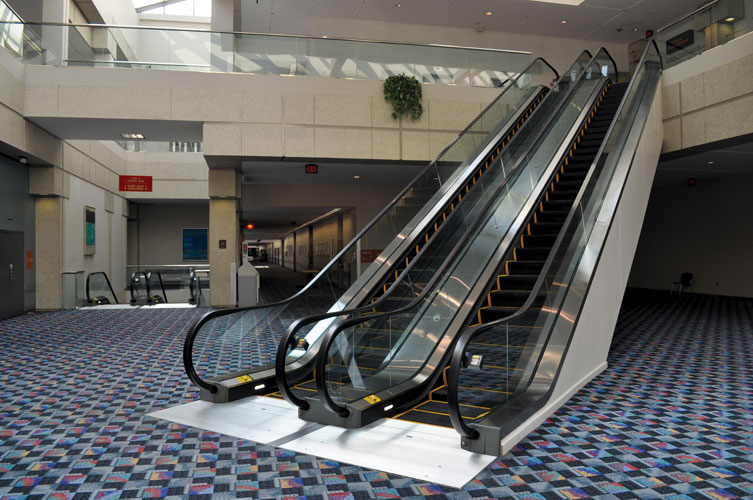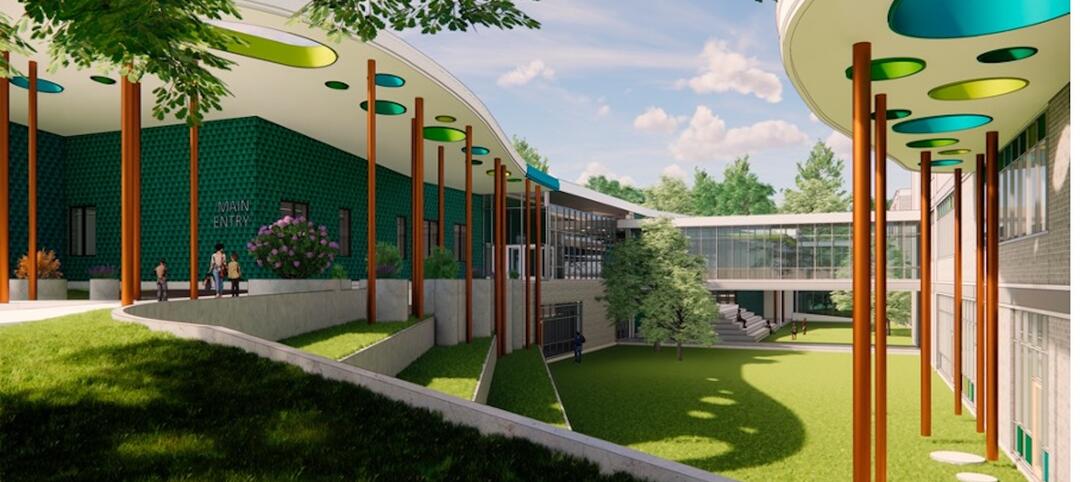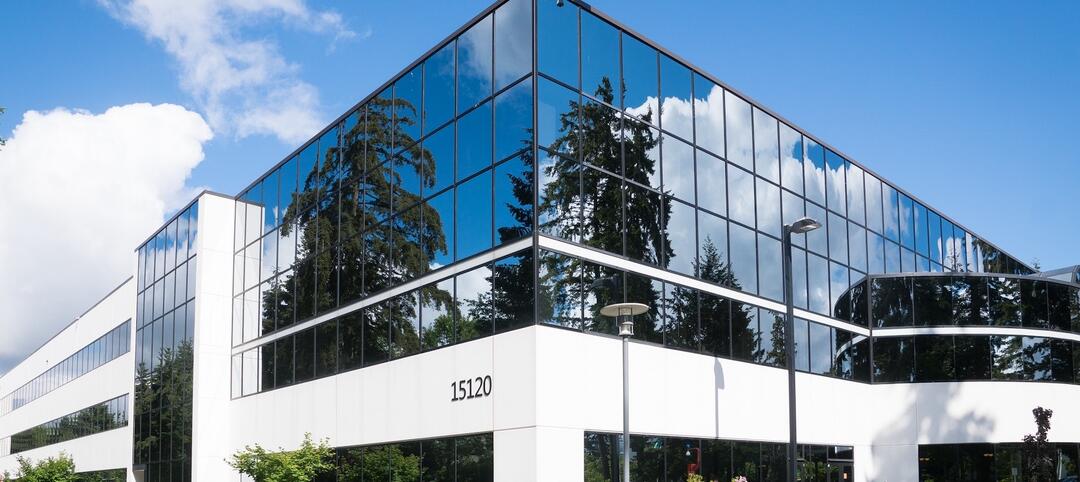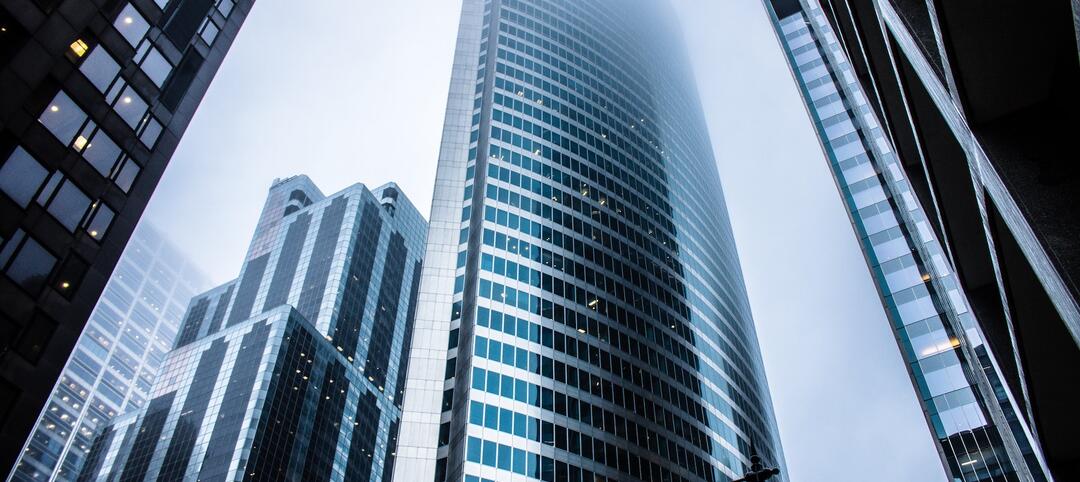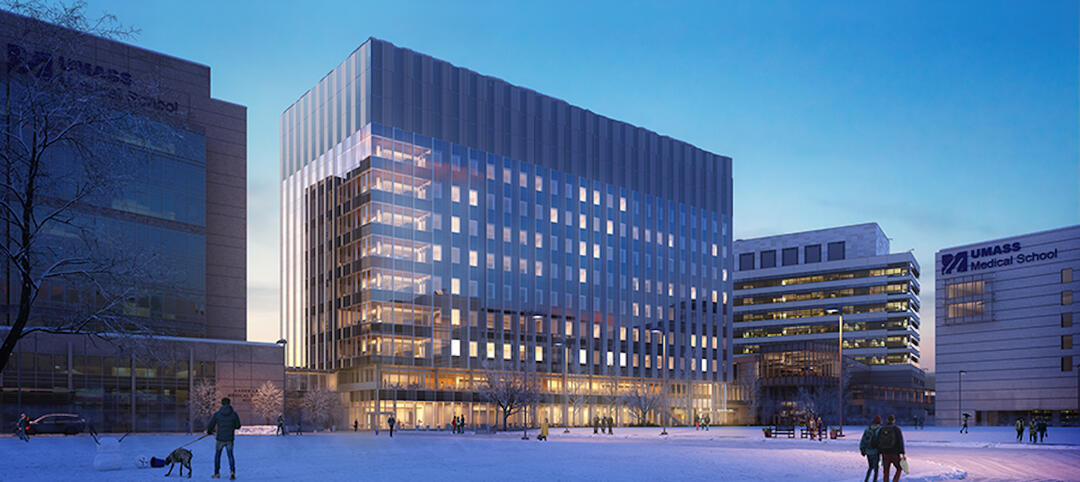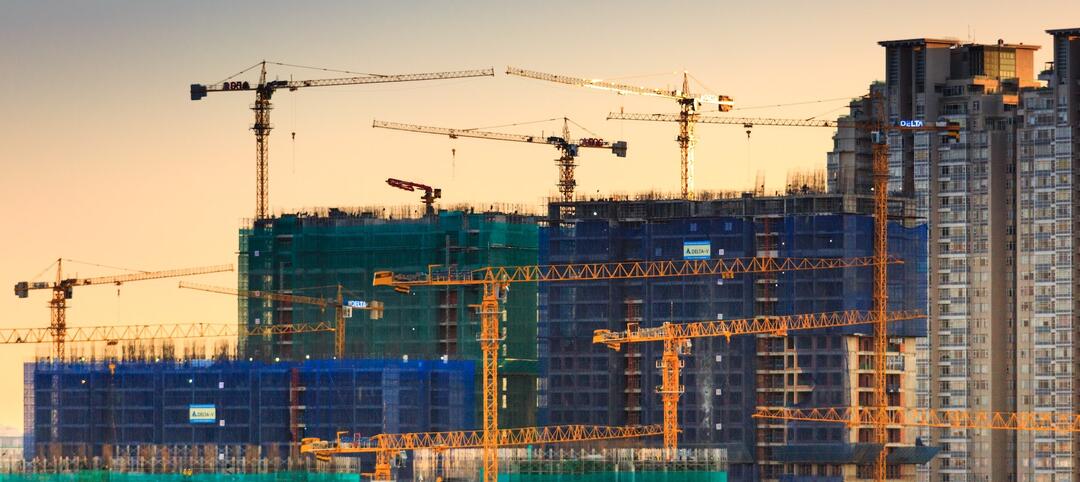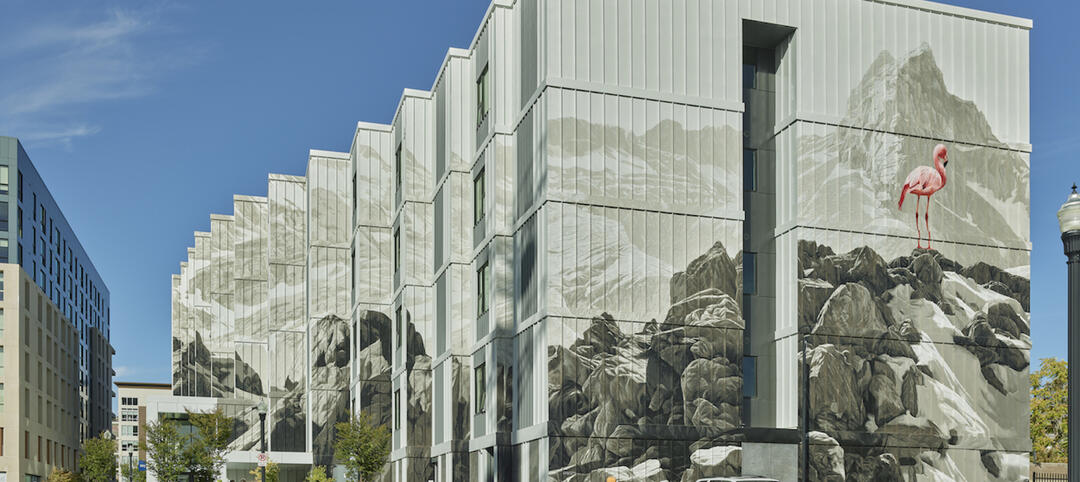Having to replace an escalator in a public facility of any kind is a major headache for the building’s management—all that debris and noise, not to mention the inconvenience to visitors and the annoying expense.
Imagine what it would be like to have to replace more than a dozen escalators, in a facility that might have to host a hundred thousand visitors on a busy day.
At Detroit’s Cobo Center, 14 glass balustrade escalators have been fully updated over the last two years, with more to come. The work has been clean and quiet, allowing building management to conduct business as usual.
Credit for this accomplishment goes to EcoMod, a complete escalator modernization system from Finnish vertical transport manufacturer KONE. The EcoMod system replaces the entire inner workings of an escalator unit without removing the supporting truss. “The escalators are equivalent to brand-new units but without the hassle,” says Claude Molinari, Cobo Center’s Assistant General Manager.
Meeting the needs of year-round activity at busy, busy Cobo
Opened in 1960 and expanded in 1989, Cobo Center is one of the country’s largest convention sites. The facility hosts events about 320 days a year, including the two-week-long North American International Auto Show each January. Daily attendance can reach 100,000. The center’s escalators are critical to moving people through four levels of space, but scant attention had been paid to them for decades, and they were prone to frequent breakdowns. By 2010, they had become a detriment to serving current clients and attracting future shows.
That’s when the center’s owner, Detroit Regional Convention Facility Authority, launched a multi-year, $300 million improvement and expansion program. This time the escalators would be overhauled. The question was how.
“We needed to replace the escalators, but we also had to stay open,” says Molinari. “We have several events that use every square inch of space in the building. We can’t close pieces of it. To tell someone that one-third of the building you normally occupy is not available this year would not be acceptable.”
Another consideration was the restaurants and retailers that operate beneath some of the trusses. A tear-out would mean those businesses would have to shut down for the duration. Again, unacceptable.
Avoiding total replacement
Total tear-out, the traditional escalator replacement method, was deemed impractical. “Total replacement is major construction,” says David Paxson, Project Manager and KONE Detroit Branch Manager. “The cost to bring in a general contractor to tear the building apart in a way that allows the truss to be removed is pretty expensive.”
Total replacements usually require cutting holes in roofs or façades because materials and equipment are too large to transport through the doors and windows. “It’s usually done at night, so you’re not doing heavy lifting around the public, which makes it even more expensive,” says Paxson.
With the custom-fabricated EcoMod retrofit option, it wasn’t necessary to touch the drywall, cladding, or any other parts of the building, according to KONE’s Kellie Lindquist, LEED Green Associate. The EcoMod components were built in modules that fit on a conventional skid and were assembled on site.
The Cobo project has been phased, starting with the escalators in poorest condition: 12 in 2011, two in 2012. Five more are in progress. During the first phase, crews took on four escalators at a time at opposite sides of the building.
The process entailed enclosing the workspace with temporary privacy walls, removing the old units, and cleaning and painting the trusses. The drive module was installed at the top, the turnaround station at the bottom. On the incline, brackets were welded to the truss, track was anchored to the brackets, and steps were laid atop the track. New balustrade and handrails were the final touches. It took about 10 weeks to complete four escalators.
The new units meet building codes that were not in place when the original escalators were installed. They come with energy-saving features such as a lubrication-free step chain, power regeneration, and LED lighting. They’re also equipped with missing step detectors, handrail speed sensors, a narrowed step-to-skirt gap, and other current safety features.
“The technology that gets installed is the same technology as if you put in all brand new,” says Lindquist. “We’re just installing it using a different method.”
Cobo Center’s Molinari says he conducted a cost comparison between total replacement and the KONE method and was able to document a 50% savings for the facility using the EcoMod system.
Molinari says he enjoys greater peace of mind knowing today’s visitors have a safer, quieter, more pleasant experience than in the past. “I was somewhat skeptical at first,” says Molinari. “I knew I had to accept a certain amount of inconvenience, but I was surprised how little interruption it caused. For the most part, people had no idea the escalators were being worked on.”
Related Stories
| Sep 7, 2022
K-8 school will help students learn by conducting expeditions in their own communities
In August, SHP, an architecture, design, and engineering firm, broke ground on the new Peck Expeditionary Learning School in Greensboro, N.C. Guilford County Schools, one of the country’s 50 largest school districts, tapped SHP based on its track record of educational design.
| Sep 6, 2022
Herbert V. Kohler, Jr. (1939-2022) An incomparable spirit
Dynamic leader and Kohler Co. Executive Chairman Herbert Vollrath Kohler, Jr. passed away on September 3, 2022, in Kohler, Wisconsin.
| Sep 6, 2022
Demand for flexible workspace reaches all-time high
Demand for flexible workspace including coworking options has never been higher, according to a survey from Yardi Kube, a space management software provider that is part of Yardi Systems.
| Sep 2, 2022
Converting office buildings to apartments is cheaper, greener than building new
Converting office buildings to apartments is cheaper and greener than tearing down old office properties and building new residential buildings.
| Sep 2, 2022
New UMass Medical School building enables expanded medical class sizes, research labs
A new nine-story, 350,000 sf biomedical research and education facility under construction at the University of Massachusetts Chan Medical School in Worcester, Mass., will accommodate larger class sizes and extensive lab space.
| Sep 1, 2022
ABC: Nonresidential Construction Spending Increases by a Modest 0.8% in July
National nonresidential construction spending increased 0.8% in July, according to an Associated Builders and Contractors analysis of data published today by the U.S. Census Bureau.
| Aug 31, 2022
A mixed-use development in Salt Lake City provides 126 micro units with mountain views
In Salt Lake City, a new 130,000-square-foot development called Mya and The Shop SLC, designed by EskewDumezRipple, combines housing with coworking space, retail, and amenities, as well as a landscaped exterior for both residents and the public.
Mass Timber | Aug 30, 2022
Mass timber construction in 2022: From fringe to mainstream
Two Timberlab executives discuss the market for mass timber construction and their company's marketing and manufacturing strategies. Sam Dicke, Business Development Manager, and Erica Spiritos, Director of Preconstruction, Timberlab, speak with BD+C's John Caulfield.
| Aug 29, 2022
Montana becomes first U.S. state to approve 3D printing in construction
Montana is the first U.S. state to give broad regulatory approval for 3D printing in building construction.
| Aug 26, 2022
Idaho Building Code Board considers gutting large part of state energy code
Idaho Building Code Board considers gutting large part of state energy code.


